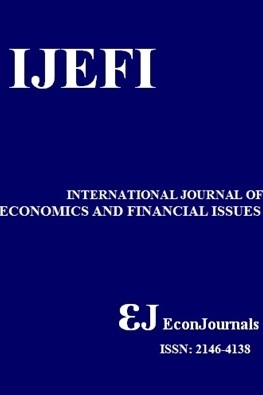Determinants of Financial Performance of State-Owned Enterprises with Government Subsidy as Moderator
Determinants of Financial Performance of State-Owned Enterprises with Government Subsidy as Moderator
The purpose of this research is intended to study the factors that affect the financial performance of state-owned enterprises. In this study used purposive sampling method seven state-owned enterprises with observations during the last eleven years. In the data analysis, this study uses linear regression model and its management using SPSS software-Amos 23. The results of this study found that the government subsidy variable and significant negative effect on the financial performance of the alpha 0.01, which means that the state-owned enterprises is difficult to manage the company as a independently if the subsidy program and the additional capital the government continues to do every year. Regression calculation results also found that strategic profitability and significant positive effect on alpha 0.10 to financial performance, which means that the company's management is still likely to perform earnings management practices to affect the company's financial performance. Capital structure variables showed a positive effect and no significant effect on financial performance for the investment decisions state-owned enterprises financed with debt tend not financially feasible so it does not affect financial performance. Payed on the investment decision is a low economical feasibility of using the size of externalities or social benefit is greater than the social cost. Government subsidy used as independent variables and as a moderator variable, the study found that government subsidy strengthen relationships variable capital structure with financial performance, because the government subsidy strengthen the link between debt with financial performance, because the government encouraged state-owned enterprises to seek a loan to reduce the burden of government subsidies or additional capital.
